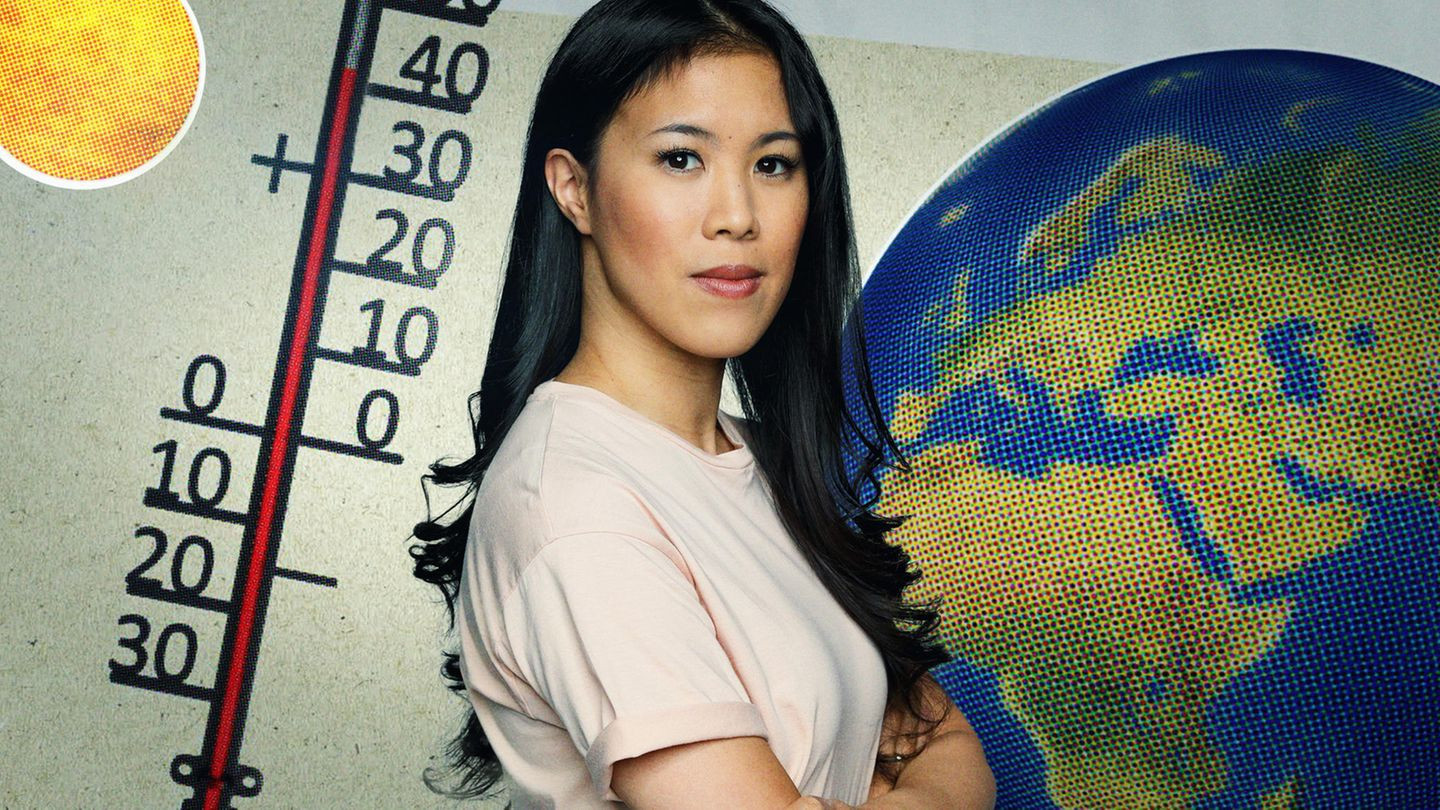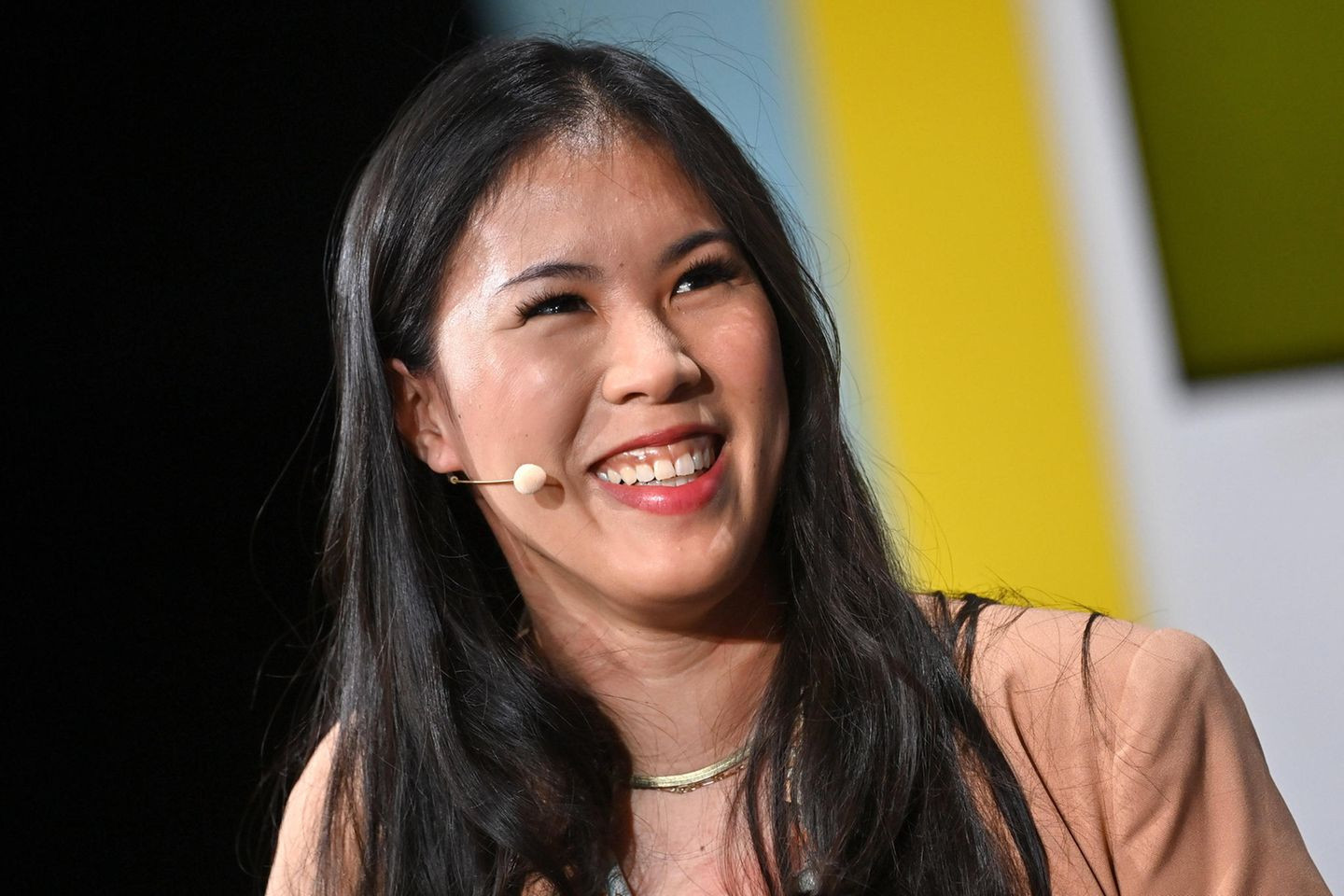In October 2020, Professor Dam Thanh Son, a prominent Vietnamese physicist based in the United States, shared a remarkable announcement on social media: Dr. Mai Thi Nguyen-Kim, a German chemist of Vietnamese descent, had been awarded the Bundesverdienstkreuz (Federal Cross of Merit) by the President of Germany.
This is the only federal decoration granted by the German government and recognizes her outstanding contributions in making science accessible, engaging, and inspiring to the public.
Since then, Mai Thi has become a symbol of science communication in Europe, particularly in Germany, and an inspiration for Vietnamese communities around the world.

From 'awkward girl' to science icon
Born in 1987 in Heppenheim, Germany, Mai Thi Nguyen-Kim was raised in a Vietnamese family. Her parents had studied abroad from southern Vietnam over 50 years ago. Her father, a chemist, was her first role model in the world of science.
In her bestselling book Komisch, alles chemisch (Strangely, everything is chemistry), she wrote:
“My dad is a chemist and also a great cook. He once told me: All chemists can cook - if you can’t cook, you can’t be a chemist.
When I was 13 and became interested in makeup, my dad explained everything to me: how dyes work, how hairspray functions, and the pH levels of skincare creams. Chemistry has always been part of my life.”
Driven by this passion, Mai Thi studied chemistry at the University of Mainz and conducted research at leading institutions including MIT, Harvard, and RWTH Aachen, ultimately earning her PhD at the University of Potsdam. Her doctoral research focused on hydrogels and polymers – materials with wide applications in medicine and engineering.
In Vietnam, Mai Thi has become increasingly recognized through two bestselling books translated from German: Ngộ quá, cái gì cũng hóa (2021) and Đừng như con ếch lên dây cót - Khoa học trong thời đại tin giả (2024), which means Don’t be a wind-up frog – Science in the era of fake news.
In May, during the “20 Faces – 20 Stories” series celebrating 50 years of Vietnam-Germany diplomatic ties, the Goethe Institute introduced her as a dynamic, humorous communicator who makes complex scientific concepts accessible through her programs and the YouTube channel maiLab. With over a million subscribers, she is one of Germany’s most influential science YouTubers. Her impressive academic journey started in Mainz and continued at MIT, Harvard, Aachen, and Potsdam.
From the lab to the limelight

While a doctoral candidate at RWTH Aachen, Mai Thi quickly revealed her knack for captivating science communication.
One of her first videos in 2013 at RWTH remains among the most-viewed on the university’s platforms. In 2015, she launched The Secret Life of Scientists on YouTube to break the stereotype of scientists as dry and inaccessible.
From contests like “Science Slam,” she transitioned to the digital mainstream with maiLab, explaining challenging scientific topics using youthful, relatable, and witty language. The channel now boasts over 1.4 million followers and is among Germany’s most popular science-focused platforms.
Beyond YouTube, Mai Thi appears on shows like Quarks, Terra X, and most recently MAITHINK X - die Show on ZDFneo. She brings complex issues such as genetic engineering, gender inequality in science, and artificial intelligence closer to the public through vibrant animations and humor, all while maintaining strong scientific substance.
According to RWTH Aachen, her contributions to bridging science and society have earned her multiple accolades, including the Aachen Engineering Award – placing her alongside names like Sebastian Thrun and Nobel laureate Emmanuelle Charpentier. But more importantly, she has made science approachable to the public, especially during the COVID-19 pandemic when scientific guidance was critical to policymaking.
Professor Ulrich Rüdiger, Rector of RWTH Aachen, once remarked: “For years, Dr. Mai Thi Nguyen-Kim has elevated science communication to new heights. She connects science with the public and policymakers in a way that is both accessible and convincing.”
Hoang Linh